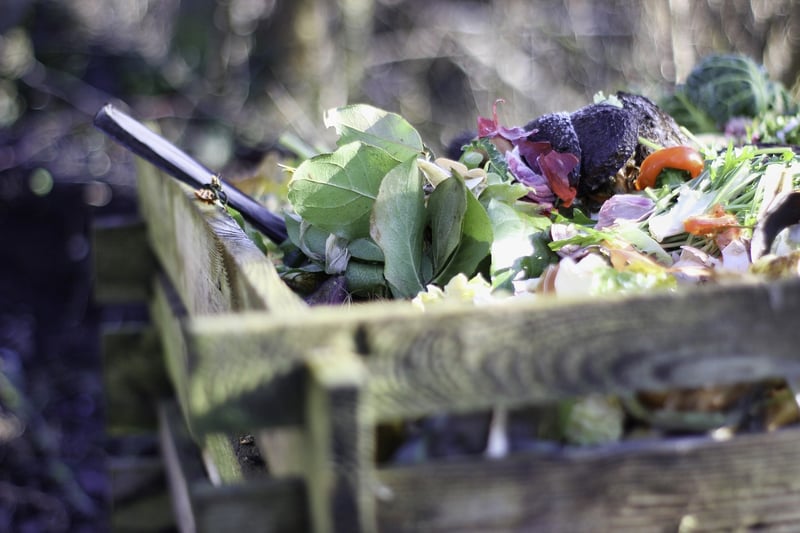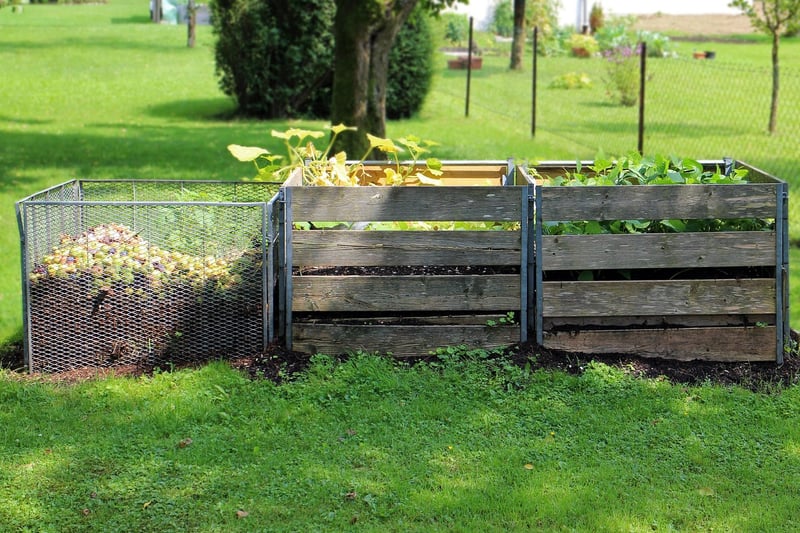Compost Bins
The Ultimate Guide to Compost Bins for Sustainable Living
Composting is a simple yet powerful way to reduce waste and nourish the earth. By utilizing compost bins, you can easily turn your food scraps and yard waste into nutrient-rich soil for your plants. In this guide, we'll explore everything you need to know about compost bins and how they contribute to sustainable living.
Why Compost?
Composting is a natural process that transforms organic material into a valuable resource. By composting, you can divert waste from landfills, reduce methane emissions, and create a sustainable cycle of nutrient recycling. Compost also enriches soil, improves plant growth, and helps retain moisture in the garden.
Types of Compost Bins
There are various types of compost bins available to suit different needs and spaces:
- Tumbler Composters
- Wire Bin Composters
- Stationary Bin Composters
- Vermicomposting Bins
Choosing the Right Compost Bin
When selecting a compost bin, consider factors such as the amount of waste you generate, available space, and desired maintenance level. Tumbler composters are ideal for small yards or urban settings, while stationary bins are great for larger gardens. Vermicomposting bins are perfect for indoor composting.
Composting Tips
- Balance green (nitrogen-rich) and brown (carbon-rich) materials
- Turn the compost regularly to aerate and speed up the decomposition process
- Avoid adding meat, dairy, or oily foods to the compost bin
- Keep the compost moist but not soggy
- Monitor the temperature to ensure optimal conditions for decomposition
Get Started Today!
Composting is a rewarding and eco-friendly practice that anyone can adopt. By investing in a compost bin and following these simple guidelines, you can make a significant impact on the environment while creating nutrient-rich soil for your plants.
Join the composting revolution and start your sustainable journey today!

Image source: Pixabay
